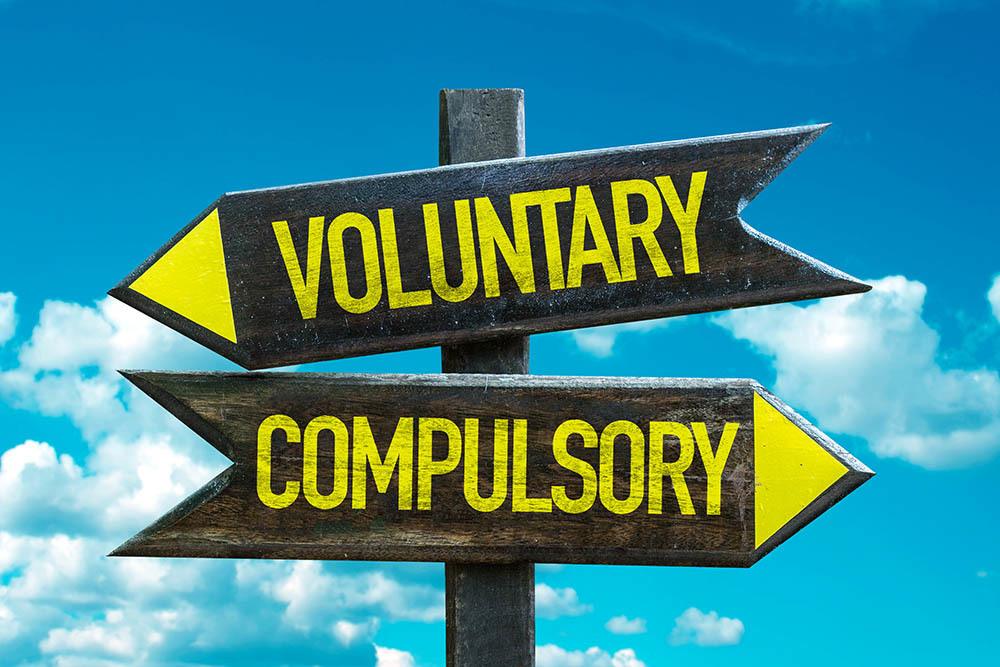What is Excess Protection, and do you need it?
What do you mean by 'excess'?
If you make a claim on an existing insurance policy, for example your car, the excess is the amount you are required to pay towards the cost of a claim. When you take out the policy there can be two types of excess, either compulsory or voluntary.
Compulsory excess
When you get a quote from the insurer you will see a set excess amount. It is not always negotiable - it is the amount you will have to pay towards any claim you make. The amount of excess you will have to pay will all depend on certain factors, e.g. for a car it would depend on the type of car and your age.
Voluntary excess
This is an amount of excess that you can control and set yourself; some people add extra voluntary excess on top of the compulsory excess, as this can reduce your premium. Ensure you pick an amount that you can afford if you were to make a claim.
Paying excess for an insurance claim can be expensive, but there is a way to recover the excess cost - this is called Excess Protection.
For example, if you buy your car insurance policy with an excess of £400 and you have an accident that causes £2000 of damage to your car, the excess on your insurance policy was £400. Your insurer will ask you to pay that £400, and your insurer will pay the other £1,600. Once you’ve paid the excess you claim it back with your Excess Insurance.
By purchasing Excess Protection, you will be saving yourself from excess costs. For example, if you pay £80 a year for excess protection on an excess of £500, when you make a claim you will have saved £420.
How does it work?
It is an insurance policy that covers the cost of your excess if you should need to claim on another insurance policy.
If you claim on your insurance, you will pay the excess amount that you entered when buying your policy, but with Excess Insurance we will return the money to you.
What types are there?
There are two main types of Excess Insurance:
Single policy: This covers the excess on one insurance policy, for example your car or home insurance.
Lifestyle policy: This covers the excess on several different policies, for example your car, home and health policies combined.
How much does it cost?
The cost of excess protection always differs between insurers and will depend on things such as the amount of excess covered. If you have an excess of £200 on your policy, you will pay less for excess protection compared to if your excess was, for example, £500. Most insurers will start excess protection from as little as £2 per month.
Is it worth the cost?
Is excess protection worth the money? This really depends on how high your excess is compared to the price of Excess Insurance.
If the amount of excess is little, or near the amount you would pay for the Excess Insurance, then you’re not going to save money. The best thing is to get a quote and find out how much you would pay for Excess Insurance. If your excess is less than the price of Excess Insurance, it is not worthwhile. However, most Excess Insurance should be significantly cheaper than your excess - this is when it will be worthwhile.
Do you need it?
Excess insurance can benefit you if you have an insurance policy with an excess; for a small amount of money you can save yourself a large amount.
Excess insurance is especially good if you are hiring a car. Most car hire companies will make you pay a large amount of excess, sometimes up to £1000. If the car is damaged during your hire you will have to pay the excess. Excess Insurance can save you from paying this large amount.
Here at Smart-Sure we offer excess insurance from just 6p per day. You can protect an excess worth £1000 for just £100 per annum, saving you a whopping £900 in the long run should you make a claim. Get a quote today. https://smart-sure.com/excess-protect-insurance/.




